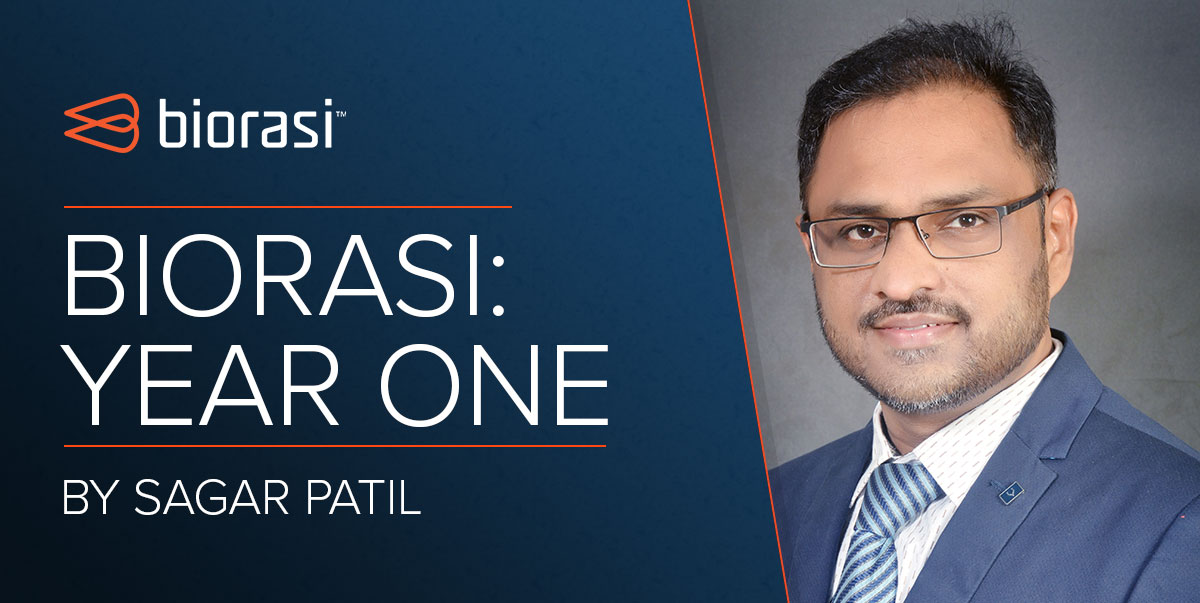Labor Day weekend is upon us! This means that many of us will be outdoors, if we’re lucky. Methods for preventing sun damage have not changed much in a while: cover up, use sunscreen, avoid tanning beds. Here are some things you may not have known about the sun and UV radiation.
- Your skin is not the only thing to worry about; your eyes can also be damaged by the sun, even if you’re not staring directly at it.UV rays can bounce off water, snow, and sand and right into your eyes. Photokeratitis is a painful condition that can develop after too much eye exposure. The best way to protect your eyes is by wearing polarized or “UV-blocking” sunglasses.
- Waterproof sunscreen does not exist. Sunscreens only last about half an hour after sweat or water contact, so reapplication needs to happen pretty often in wet conditions. Dermatologists recommend broad-spectrum (protecting against both UV-A and UV-B rays), SPF 30+ sunscreen. Certain components of sunscreens have recently been banned to protect coral reefs, so this may change the types of sunscreens that are available to consumers. Sun-shirts and wide-brimmed hats are some eco-friendly ways to cover up your skin.
- The sun is not the only source of UV radiation. Welding, some types of lighting, and some tools give off UV radiation. Nail salons often use UV radiation to quick-dry nails, and of course, tanning beds do essentially the same thing as the sun. Proper eye and skin protection should be used in workplaces that involve sources of UV radiation.
- There is now a wearable device that can measure sun exposure and alert you through an app on your smartphone when you’ve had too much. It’s smaller than an M&M.
- Certain medications make your skin more likely to be damaged by the sun. This is called drug-induced photosensitivity. The list of drugs related to this condition is actually pretty lengthy and includes commonly used drugs like ibuprofen, some contraceptives, and some antibiotics. Your health care provider may mention this when they prescribe the medication, but it’s still a good idea to ask. Avoiding sunlight becomes even more important when taking these medications.
Even though UV safety is usually a subject of conversation in the summertime, it’s important to follow these safety precautions year-round to preserve your precious eyes and skin. Sometimes damage cannot be undone, even though researchers are hard at work designing new treatments.





